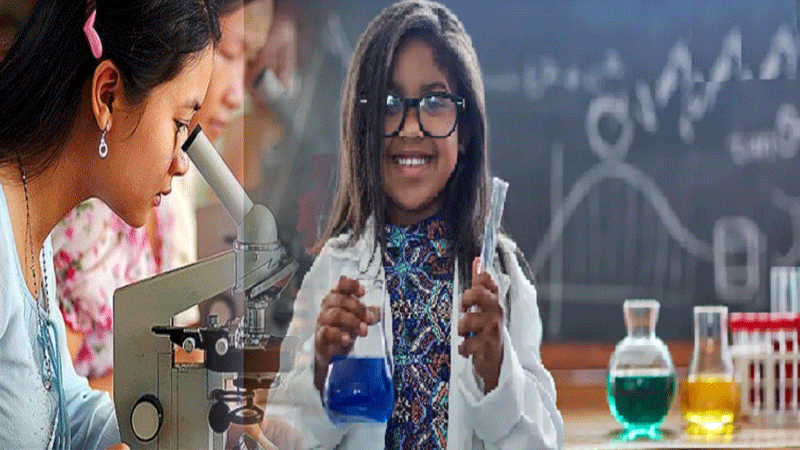The GEC is a 12-year initiative to reach the most underprivileged girls in the world, supported by the UK Foreign, Commonwealth, and Development Office (FCDO).

A close-out event was held in Islamabad with a variety of stakeholders, including policymakers, academics, donor organisations, representatives of civil society, the media, and project beneficiaries, to celebrate the success of Girls’ Education Challenge (GEC) projects in Pakistan.
In her opening remarks, Shabnam Baloch, Country Director, IRC Pakistan, stressed the importance of collaboration among all stakeholders, including policymakers, practitioners, academics, and civil society, in order to eliminate barriers to girls’ education. She also called for additional investments like the TEACH project.
The Girls’ Education Challenge (GEC) is a 12-year initiative to reach the most underprivileged girls in the world, supported by the UK Foreign, Commonwealth, and Development Office (FCDO).
The International Rescue Committee (IRC) received funding from GEC for their “Teach and Educate Adolescent Girls with Community Help” (TEACH) projects in Pakistan, which aimed to assist 35,000 out-of-school girls.
Through demanding accelerated learning programs, 5,000 girls were transitioned into formal public schools, and 7,000 girls received training in financial literacy and entrepreneurship.
Pakistan has one of the highest rates of out-of-school youth worldwide, with 22 million children not in school. It is important to note that girls make up the majority of unschooled children. Only 51% of kids finish primary school in Pakistan, according to the Gross Enrollment Rate (GER).
Sarfarz Laldin, Country Director for ACTED Pakistan, noted this occasion: “For the million girls who were left behind by pandemics, climate change, and natural disasters in areas where it has been difficult to keep children in school under normal circumstances, accelerated learning programs and non-formal education offer solutions. The girls can be given a second chance to return to formal education through special initiatives by civil society organisations, donors, and the government.”
In spite of the COVID-19 pandemic and flooding disruption, Ian Attfield (Senior Education Advisor, FCDO) and the TEACH project partners have made it possible for adolescent girls in Balochistan to access reputable learning opportunities.
A group of young female teachers has been trained to carry on the education of girls in remote border regions. Zain-ul-abdin, Deputy Director of Programs at IRC-Pakistan, expressed appreciation for the suggestions and emphasised that education for girls entails more than just enrolling girls in schools.
The occasion provided a forum for young girls, their parents, and TEACH project teachers to share personal anecdotes about their experiences and make concrete suggestions to stakeholders for promoting inclusive education in Balochistan.